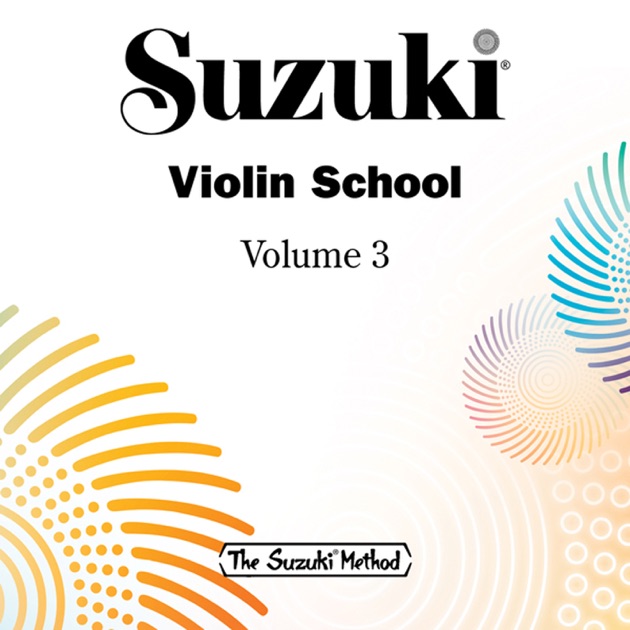Lessons
I’ve taught violin and piano lessons for 10+ years, and have been playing violin for 15+ years. Students of all ages and skill levels are welcome! I also teach students with special needs.
My goal is to challenge students, while nurturing their desire to learn. Violin is a difficult instrument, but a little encouragement and practice go a long way! If you’re interested in starting lessons with me, feel free to contact me.
Note: I am currently at capacity and am unable to accept new students for the foreseeable future.
Violin Lessons
- Individual and group lessons
- 30, 45, or 60 minutes
- All ages and skill levels
- Can refer students to higher instruction once they achieve an expert performance level
- Assist with special preparation for auditions and other events
Location
Primarily, I teach in students’ homes. I also teach in my home studio, and through the Community Music School at Appalachian State University (paid per semester).
Home Studio
Curriculum

I use the Suzuki Violin Method for my students. It is a proven, effective curriculum that has allowed guided many students to instrument mastery. Violin instructors worldwide have widely used this curriculum for over 50 years.
Though it’s excellent instructional material, I do supplement the Suzuki curriculum on certain topics, such as note-naming and bowing technique.
I also use the Essential Elements piano theory book for my piano students.
Links // More Information
FAQ
Absolutely! You’re never too old or too young to learn a new skill, and experience the joy of making music.
Yes, I will gladly make house calls! However, I do charge a small additional fee for gas/mileage. Most families to whose homes I travel have multiple students.
A violin and a “fiddle” are the same instrument. These terms refer to different playing styles: violin is typically thought of as a classical instrument, while “fiddle” is used in bluegrass, country, and other more contemporary styles of playing.
While my primary expertise is certainly classical violin, I have played and do teach some fiddle music, and would be happy to teach you at a beginner or intermediate level. I can refer advanced players to an expert fiddler.
I accept new students based on my current availability. If I don’t have a slot for you, I can add you to my waiting list. Email me for more information.
Teaching Philosophy
I began playing the piano at the age of eight and the violin at the age of nine. As long as I can remember, I have loved making music. My grandmother first imparted the love of music to me, and I now have the privilege of passing it on to others. I enjoy introducing people to an exceptionally hard instrument, and the important technique that comes with it. Music is much more than notes on a page; rather, it is a means to develop listening, technical, and musical skills, and to build fine motor skills. My desire is that my students will spread their love of music and bless others with their talent and knowledge.
It is my responsibility to open students’ hearts and minds to music. I am responsible for presenting music in a fun, understandable, and engaging manner, and ensuring my students enjoy the learning, molding, and growing process.
Technique (both bowing and left hand) and musicality are two important aspects. With beginning students, I focus more on intonation and proper bow direction.
No two students are alike; each is unique and faces his/her own individual problems. For example, one student may struggle with a particular bowing pattern, while another may find the staccato stroke exceptionally challenging. Rather than having a standard template for a lesson, I seek to meet each student where he/she is and address his/her specific challenges.
Each lesson, I provide comprehensive practice points for my students because I want to ensure they can have structured practice time. For my more advanced students, I incorporate three components into each lesson: scales, etudes, and a solo piece. Throughout each lesson, I draw from the homework for the previous week to structure the current lesson and assess the student’s progress. When I address a particular challenge in the homework, I am able to assess whether they completed the homework tasks based on how they play in the subsequent lesson.
I began studying through the Suzuki Violin School Method. This method is all-encompassing: students learn a wide variety of rhythms, notes, musical techniques, and ideas. In addition to the Suzuki Method, I provide regular note-naming instruction, since it is key that students are proficient early on in reading music. Two of my favorite methods are note flashcards and sight reading. Reading music is an important skill that will serve students well for the rest of their lives.
